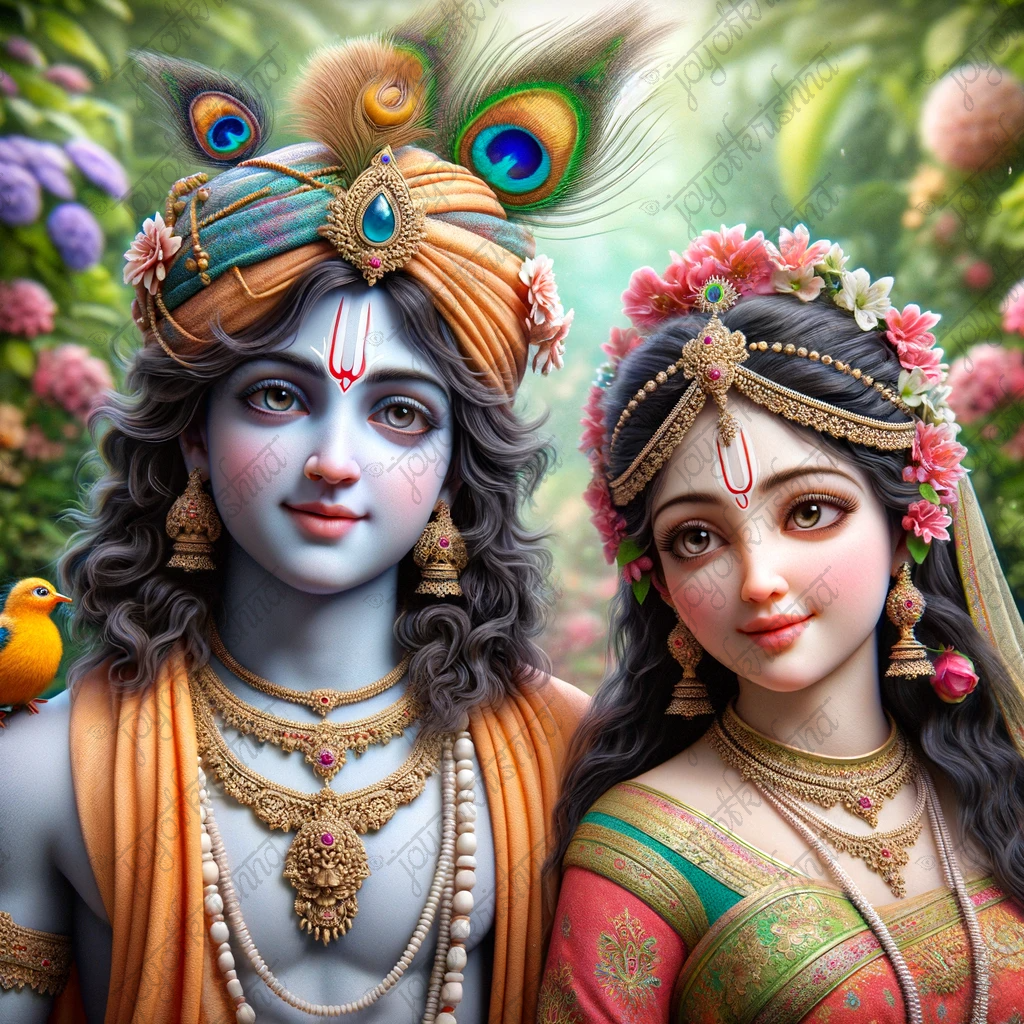
God Krishna, the eighth avatar of Lord Vishnu, is one of the most revered and beloved deities in Hinduism. His life and teachings have had a profound impact on Indian philosophy, art, literature, and culture. Born in the city of Mathura, Krishna’s arrival on earth was marked by a series of miraculous events, including the killing of the demon king Kamsa, who had been terrorizing the people of Mathura. As a child, Krishna was known for his mischievous pranks and his love of butter and milk, which earned him the nickname “Makhan Chor” or “Butter Thief.” However, as he grew older, Krishna’s divine nature became increasingly apparent, and he began to reveal his true identity as the Supreme Being. Through his teachings, Krishna imparted valuable lessons on the nature of reality, the importance of duty and selfless service, and the path to spiritual enlightenment. His most famous teachings are recorded in the Bhagavad Gita, a sacred text that has been revered by Hindus and non-Hindus alike for centuries. In the Gita, Krishna counsels his friend and disciple, Arjuna, on the importance of fulfilling one’s duty without attachment to the outcome, and of cultivating a deep sense of devotion and surrender to the divine. Krishna’s teachings also emphasize the importance of self-control, compassion, and wisdom, and offer practical advice on how to live a life of purpose, meaning, and fulfillment. Throughout his life, Krishna demonstrated his divine powers through a series of miracles and wonders, including the lifting of the Govardhan mountain, the subjugation of the serpent Kaliya, and the defeat of the demon king Jarasandha. Despite his divine nature, Krishna remained humble and accessible, and was loved and revered by all who knew him. His legacy continues to inspire and uplift people around the world, and his teachings remain a timeless and universal guide to living a life of wisdom, compassion, and purpose. Krishna’s impact on Indian culture and society has been profound, and his influence can be seen in art, literature, music, and dance. The famous Indian classical dance form, Bharatanatyam, is said to have originated in the temples of Krishna, and the beautiful and intricate carvings that adorn the temples of India are often depictions of scenes from Krishna’s life. The Bhakti movement, which emerged in India in the 12th century, emphasized the importance of devotion and love in achieving spiritual enlightenment, and Krishna was often the object of this devotion. The movement produced some of India’s most famous poets and saints, including Mirabai, Surdas, and Tukaram, who wrote beautiful and moving poetry in praise of Krishna. Today, Krishna remains one of the most beloved and revered deities in Hinduism, and his teachings continue to inspire and uplift people around the world.